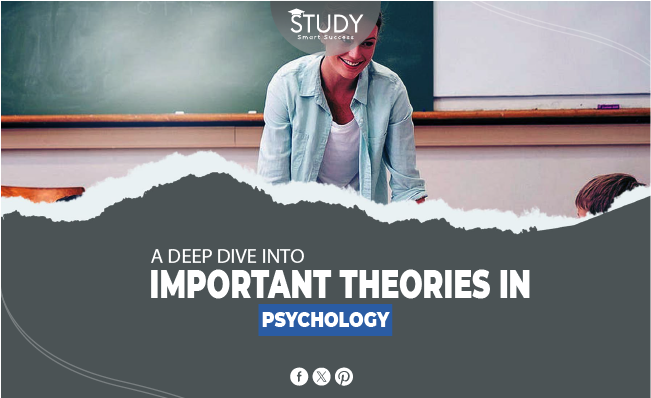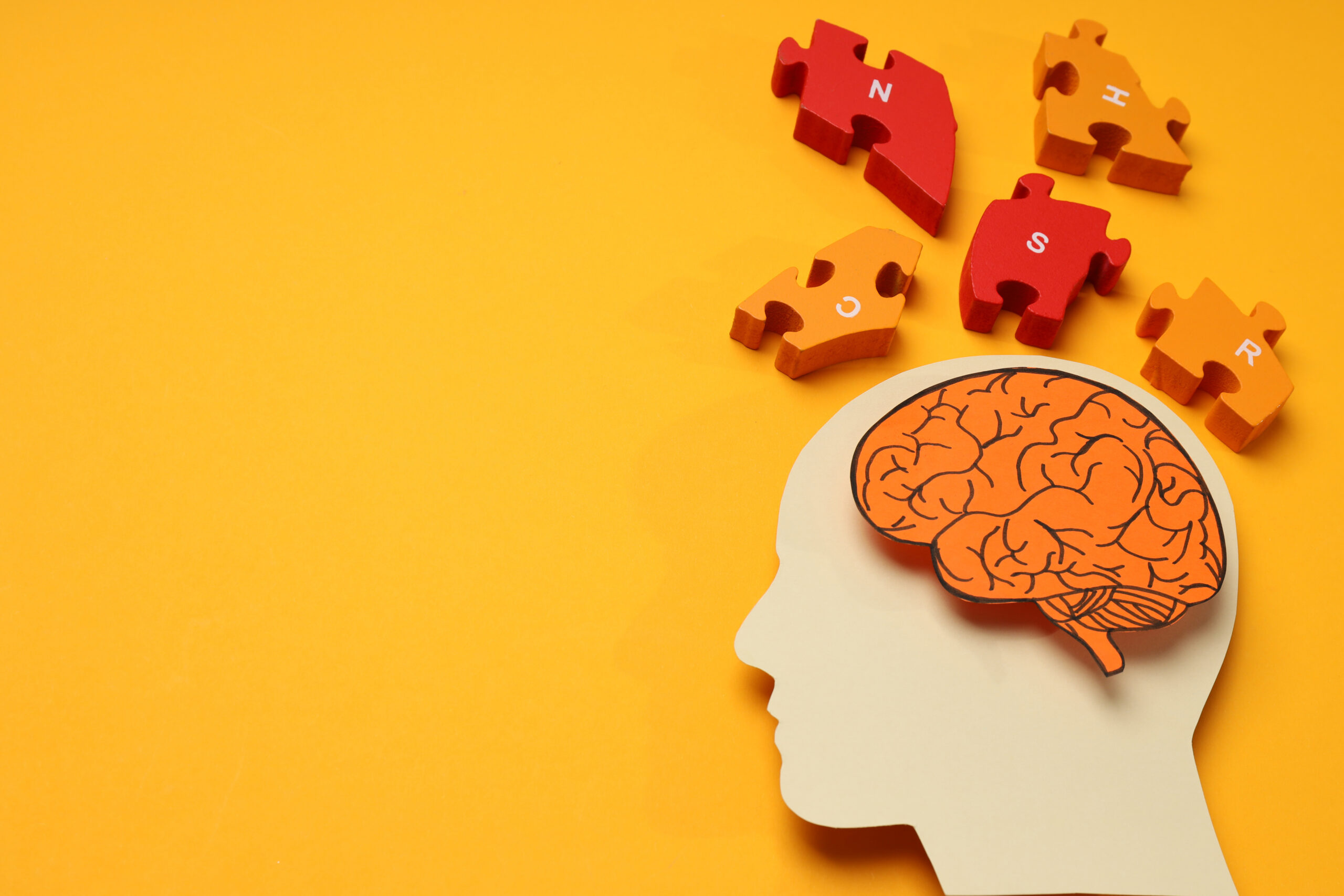Students, psychologists, and lifelong learners are fascinated by psychology, the scientific study of mind and behavior. Over time, several theories have attempted to explain the complex mind. These theories underpin contemporary psychology and shape our understanding of human behavior, emotion, and cognition. The most influential theories in psychology will be examined in this essay.
Maslow’sMaslow’shy of Needs
Abraham Maslow’s hierarchy of Needs is a psychological theory about what drives people. It is based on a five-level model of human needs, shown as levels in a pyramid. Safety, love and connection, respect, and self-actualization rank highest after food and shelter.
Some say individuals must satisfy their fundamental wants before their secondary or higher-level demands drive them. Many use this theory to determine what drives people, how to train managers, and how to grow as people.
Pavlov’sPavlov’sal Conditioning
In the early 1900s, Russian scientist Ivan Pavlov invented classical conditioning. If frequently connected to an unconditioned stimulus that performed the same, a neutral stimulus may ultimately induce an automatic response in dogs. This learning method has helped us understand how links are made in mind. It can also be used in behavior therapy and programs that help people change their behavior.
Freud’s Freud’snalytic Theory
The Freudian theory, first put forward by Sigmund Freud, says that the relationships between the id, the ego, and the superego cause behavior. This idea stresses how unconscious thoughts and feelings can affect behavior, identity, and mental illnesses. Freud also showed how essential things that happen in childhood are in shaping a personality and mental illness as an adult.
Bandura’Bandura’sLearning Theory
Albert Bandura called this “social “earning theory. It says” that people learn from each other by watching, copying, and modeling. This theory says that learning can happen in a social setting and explains how people learn new behaviors by watching what other people do and how they react. Bandura’s theory has been critical in helping us understand how personalities grow and how media affects behavior.
Piaget’sPiaget’sof Cognitive Development
From birth to adulthood, Jean Piaget described the stages of brain growth. These stages are sensorimotor, preoperational, concrete operational, and formal operational.
Piaget said that each child goes through these stages at their speed, learning essential skills and knowledge that help them understand and connect with the world around them. This idea has dramatically impacted how schools work, showing how important it is for kids to be ready for school and how crucial active learning is in their education.
Erikson’Erikson’social Development Theory
Some of the most well-known theories about psychology are based on Erikson’s theory of mental development. The idea talks about eight steps a healthy person should go through from birth to later life.
People go through a crisis at each stage they need to get through to build a psychological trait or strength. This idea helps us understand how ties with others can affect our growth and development.
Skinner’Skinner’srism Theory
The behaviorism theory by B.F. Skinner built on the ideas of classical training. Behaviorism focuses on how rewards and punishments can change behavior.
Skinner showed that behavior could be altered by consistently rewarding or punishing people for specific actions, making those actions more or less likely to happen again. His work set the groundwork for operant conditioning, used extensively in psychology, education, and changing people’s perspectives.
VygotskyVygotsky’sltural Theory
Lev Vygotsky developed the Sociocultural Theory, which examines how cultural norms and social interactions affect our thinking and learning. Vygotsky says that words and society are essential in making sense of things. Piaget believed that learning should happen on an individual level. Vygotsky, on the other hand, believed that social contact could help with the growth of thought. He came up with the idea of the Zone of Proximal Growth as an essential part of learning.
SeligmanSeligman’se Psychology
Many call Martin Seligman the “father”” of posiive psychology. He changed the focus of psychology from studying mental illness and victimisvictimizationsorder to learning what makes life worth living. His studies on happiness, well-being, and human strengths are meant to help people live whole and happy lives.
Positive psychology looks at happiness, positivity, psychological well-being, and personal growth, among other things. It gives us a more complete picture of how people think and feel.
Bowlby’sBowlby’sent Theory
Attachment Theory by John Bowlby says that the ties and relationships between children and their caretakers significantly affect how the children grow up mentally. Bowlby said how someone is attached to others as a child affects their ability to stabilize relationships. His theory has dramatically impacted how we think about how critical safe bonds are for young children and how they affect their social and behavioral growth.
These theories focus on psychological development, learning, and behavior. Together, they make up a complicated web that shows how rich and varied human psychology is. They give us valuable ways to think about and understand how people think, feel, and act. They also help guide study and practice in psychology and related fields.
KohlbergKohlberg’sof Moral Development
Building on Jean Piaget’s theory, Lawrence Kohlberg developed a theory that explains how people learn to think morally. Kohlberg suggested that people go through three stages of moral thinking corresponding to different brain growth levels: pre-conventional, conventional, and post-conventional.
There are six stages that a person can go through as they grow up, two stages making up each level. This theory puts more weight on logical thought and fairness as factors that shape moral growth instead of social contracts or emotions.
Wrapping Up
These critical theories in psychology help us understand how complicated our thoughts, actions, and feelings are. They make us think of the complex web of study and theory that makes up psychology as a field. These ideas are helpful in clinical practice, research, education, and other fields. Therefore, students, psychologists, and those who wish to learn must understand them.



